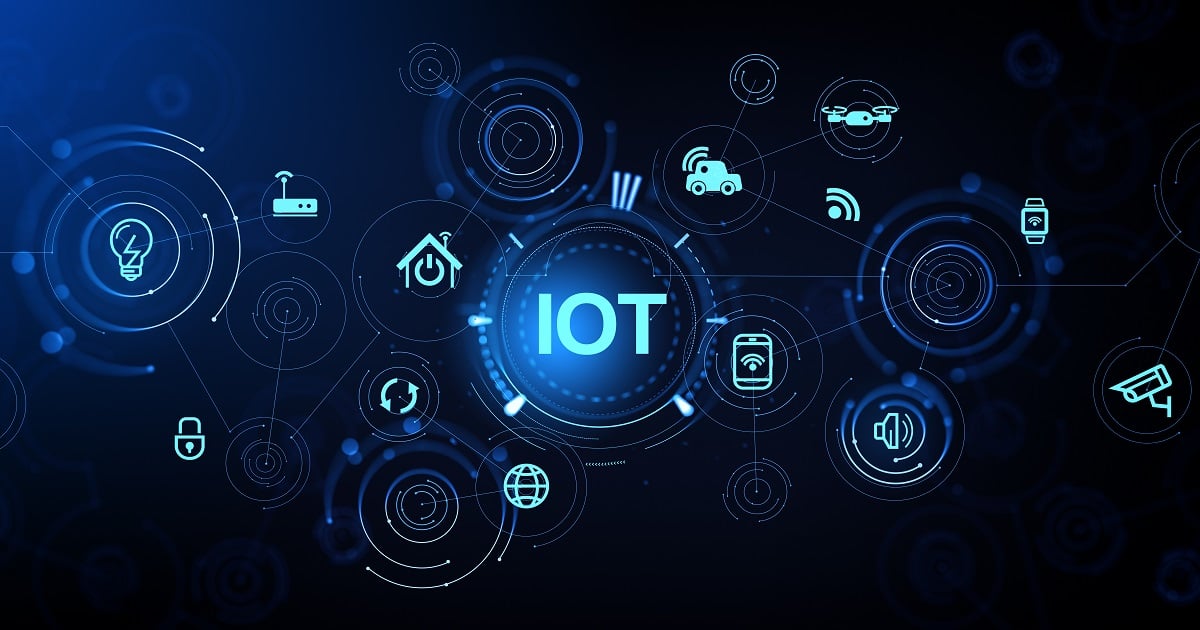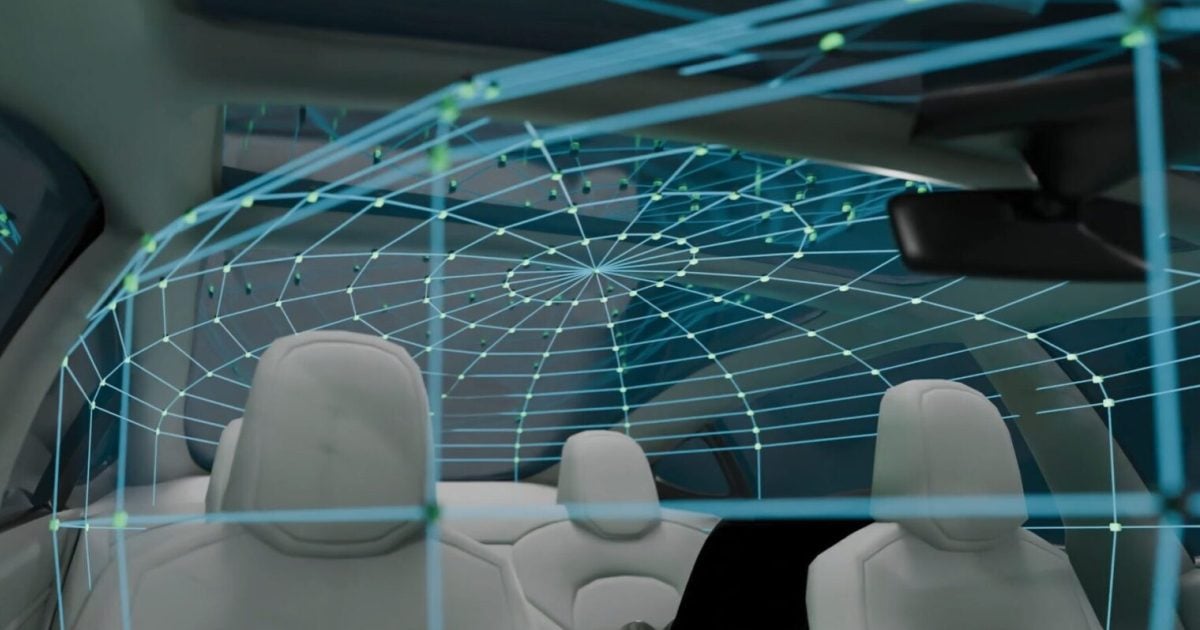The Internet of Things is widely being viewed as a technological achievement with unlimited (and largely untapped) potential. Connected devices and systems can significantly improve our quality of life in nearly innumerable ways, from making our homes more secure to improving healthcare. The thinking in many cases is that IoT systems will only get better with time, as they quite literally “learn” to better address our needs and desires. It’s going to be fascinating to see how it all develops in the coming years.
However, there are also some concerns about what the IoT means for our society, particularly when it comes to various job markets. An article at Value Walk painted a particularly grim picture of what this could look like, theorizing that the IoT could eventually lead to the loss of many jobs performed by people. That’s probably a bit dramatic at this stage—but we are already seeing the potential for job replacements in several significant areas.
Automated Manufacturing Processes
Many people hold misconceptions regarding how the IoT will affect manufacturing without realizing that technology has been integrating into the industry for years. The truth is that many of the physical processes in production plants have been largely automated for some time now. However, there are a lot of functions between the lines that can now also be automated as a result of the expanding IoT. According to Industry Week, these functions include analytics and cost estimates, plant load optimization, monitoring equipment, managing the supply chain, and maintaining healthy and safe environments. With all of these things automated, a production facility can essentially run itself with minimal human involvement.
Taxis & Public Transportation
We’re already moving past "taxis" in the traditional sense, as more people are transitioning to companies like Uber and Lyft. Interestingly enough, those companies tend to advertise themselves as job opportunities more than public transportation systems. Thousands and thousands of people are now making money by driving for Uber and Lyft—and those jobs likely won't be around too much longer. A blog post from Networkfleet asserts that Uber is already testing a fleet of self-driving Ford Fusions, and it's widely believed that other companies will be building automated taxi fleets as well. This has the potential to put not only Uber and Lyft drivers, but also conventional taxi drivers and entire bus companies out of commission.
Sales Jobs
This is a broader category, but a look at some estimates by CNN makes it fairly clear that a variety of sales and retail representative jobs could be in jeopardy. In fact, those estimations listed insurance sales agents, telemarketers, and retail salespersons among the types of employees with a 90 percent probability of eventually being replaced by “smart robots,” which would naturally be incorporated into the IoT.
These are still just a few areas in which the IoT could affect the job market. And as systems continue to become smarter and spread into more aspects of our day-to-day lives, we can probably expect this list to grow. It’s all pretty fascinating, but with consideration of the job market, it also raises an extraordinarily important question: where will displaced workers go when technology comes for their jobs?
Right now, there is not a clear answer to this question, which explains why the IoT is something of a source of anxiety for some economic forecasters. However, it’s at least somewhat true that new and developing technologies create new opportunities even as they eliminate old ones. For instance, a discussion in The Guardian theorized that “new fields and expertise will emerge” along with IoT systems. That doesn't mean there will always be natural transitions for displaced employees. However, it does mean that opportunities will exist that didn't before. The same discussion mentions the need for workers to learn to compete in a knowledge-based economy, possibly taking on jobs in field services, asset management, robotic maintenance, remote diagnostics, and analytics.
Right now this is somewhat hypothetical. But the idea of the IoT creating enough jobs to offset those it makes obsolete is one shared by quite a few experts. In all likelihood there will be a rocky period during which a lot of employees struggle to find new work, and there will be a need for education in new fields. But in time, there's a chance the IoT has a pretty balanced impact on employment opportunities.
About the Author: Sara Upton is a freelance writer based out of Minneapolis, Minnesota. She has a passion for all things related to technology, fitness, and fashion. Follow her on Twitter.
Edited by
Ken Briodagh





